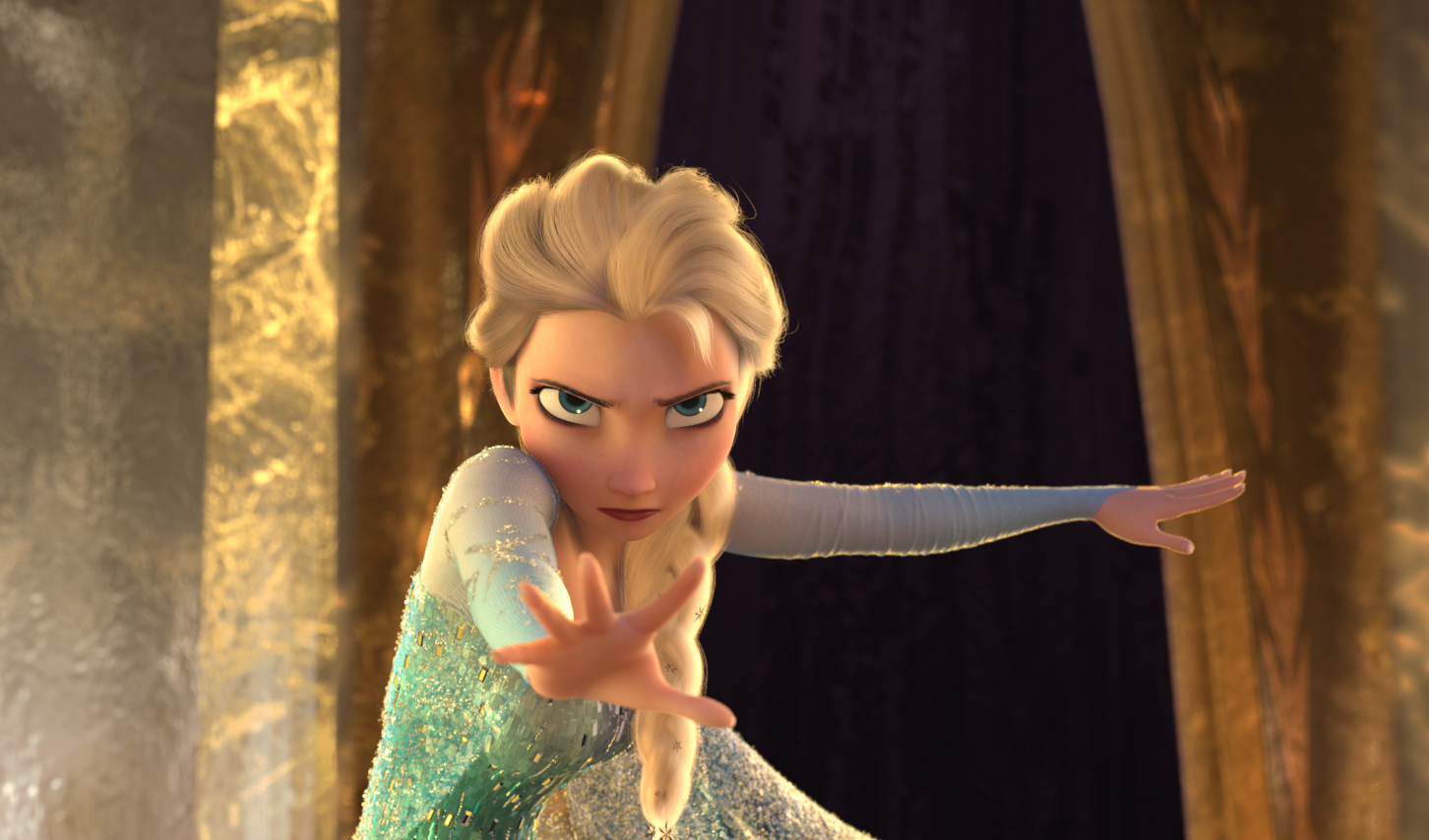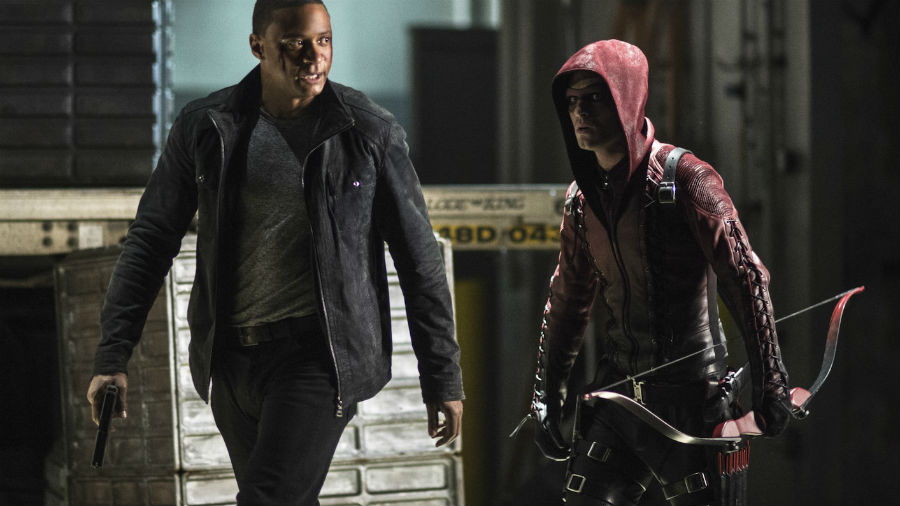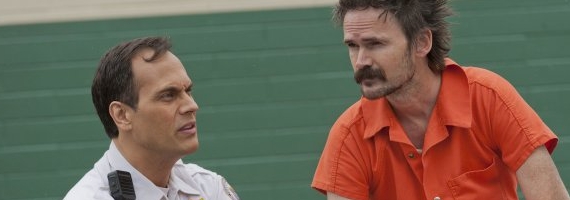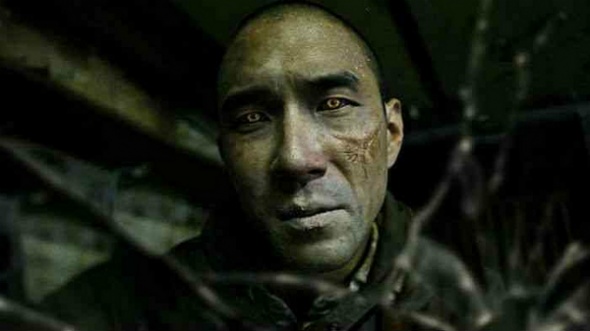Written by Jennifer Lee
Directed by Chris Buck and Jennifer Lee
USA, 2013
Walt Disney Animation Studios has become, in its relative old age, both charmingly and cripplingly self-conscious. Each new entry seems to quiver in the shadow of the greats, the vaunted classics that have become untouchable for many. The studio just celebrated the 85th anniversary of Steamboat Willie, the short whose iconic image—Mickey whistling a happy tune while commandeering a rickety skiff—appears in its logo; however, Disney animation continues to remain at a creative crossroads. Once Pixar honcho John Lasseter was brought aboard as Disney’s chief creative consultant in the mid-2000s, he declared that hand-drawn animation was no longer dead and forgotten by the company that proved the form’s importance for so many decades. So, in 2009, Disney dipped into the well of fairy tales and princesses once more after what felt like an eternity, with The Princess and the Frog. That film’s merely modest financial success, as well as an unfortunately muted response for such a rapturously entertaining fable, cemented what Disney’s animation message has been in the 2010s so far: a dangerous sense of self-awareness.
What was once going to be the long-awaited retelling of Rapunzel turned into Tangled, a movie that was still…a long-awaited retelling of Rapunzel, just with a name that might not push boys away from the multiplexes. The marketing emphasized the importance of Rapunzel’s love interest, a dashing if modern bandit, even though the story and struggle were hers. (The film, too, seemed unwilling to allow Rapunzel to own her own story, giving that love interest the narrative bookends.) Now, after two years of less girl-centric stories—the sweet and lovely Winnie the Pooh, potentially the last hand-drawn animated film from Disney; and Wreck-It Ralph arrived in the interim—we have Frozen, another title that attempts to hide from any male members of the apparently undiscerning public the dirty truth within: this is a story about women. (And by them, too. This film’s writer and co-director, Jennifer Lee, is the first to even co-direct a Disney animated feature and also be a woman. That it has taken the company this long to reach that plateau is distressing, even if this gender disparity at the top is fairly common throughout mainstream animation.)
Frozen works on the whole in spite of itself, a movie that wants to cheekily mock the trappings of the old-fashioned fairy tale, before turning into an old-fashioned fairy tale by the time the end credits roll. This take on Hans Christian Andersen’s The Snow Queen is not nearly as enjoyable as Disney’s last adaptation of an Andersen fairy tale, but matching the dizzying creative leaps of The Little Mermaid would be nearly impossible at this juncture. Frozen mostly stands as proof that while the people at Walt Disney Animation Studios may still be finding their footing at the House of Mouse amidst titans like Pixar, Lucasfilm, and Marvel, they are talented enough to get by. If this film is any example, however, what the filmmakers behind it lack is commitment. Set in the fictional kingdom of Arendelle, Frozen isn’t quite able to balance ironic, winking humor with its eventual embrace of the sincere romantic gesture. Skewering or even acknowledging the tropes of the old-school films that laid the groundwork for this one is fine, but backsliding into those same tropes comes off as hypocritical.
The heart of the film is the distant relationship between Anna (voiced by Kristen Bell) and Elsa (Idina Menzel), sisters who happen to be the princesses of Arendelle. Elsa was born with the ability to make snow and ice, a power she’s tried poorly to hide since she was aware of it. After an accident while playing with Anna as children, Elsa was convinced by her parents that she needed to make herself scarce around…well, pretty much anyone, especially her sibling. The years go by and, as it goes with almost any Disney movie, the parents leave the picture quickly and silently, dying at sea. Soon, Elsa, the older sister, is to be crowned queen, but one complication leads to another, and her powers are revealed to the entire kingdom. She runs off, ashamed and embarrassed, and also unaware that she’s accidentally plunged Arendelle into a permanent winter during her minor nervous breakdown. Anna, with the help of a friendly mountain man (Jonathan Groff), heads into the forest to find her sister, turn things back to normal, and get married to that cute prince she met at the ball.
Yes, and here’s where the self-awareness kicks in. At the coronation ball, before Elsa has her emotional moment, Anna runs into a goodhearted prince (Santino Fontana) and is convinced it’s love at first sight. Everyone else, it seems, scoffs at the idea that anyone would accept a marriage proposal after one night of pleasant conversation. “What if you don’t like how he eats? What if you don’t like how he picks his nose?” asks the mountain man, Kristoff, in a tone meant to echo that of anyone who may have watched Snow White and the Seven Dwarfs or Sleeping Beauty recently and began asking the types of nitpicky questions that may have basis in reality, but can only be answered by toppling whatever constructions of logic were erected to make the story even remotely plausible. (It is telling and extraordinarily convenient that Anna and the prince’s seemingly extended conversations are packed into a montage over which music drowns out their dialogue.) In these moments, as Kristoff almost laughs at Anna’s bright-eyed, open-minded, hopeful outlook, Frozen is clever, but it’s also faking.
While this film arguably subverts a number of the well-worn clichés that make up the standard-issue princess movie, it is not so willing to sidestep them entirely. Because this is a Disney movie, Frozen ends with Anna falling in love with one of the male characters, presumably on the way to being married. In spite of its general charm, the film falters in the early going because mocking what is inevitable in a story like this is somewhat pointless. Acknowledging that your film is being released in the 21st century to people who are now treating the art of watching something for the first time as if it was a puzzle meant to be solved is not always the best strategy. With the princess genre, at least, sincerity takes you a lot farther. (Again, look no further than The Princess and the Frog, which is a far more heartwarming and exciting film, and is set much closer to the present than Frozen is.)
All of this isn’t to say that Frozen is so sorely lacking that it’s not a pleasant enough experience. The byplay between Bell and Groff is so laid-back that, unlike the common practices in voiceover acting, it wouldn’t be surprising to learn that they recorded together in the same studio. Their dialogue feels looser and more improvisational than animation would presumably allow; those animators working on Anna and Kristoff are deft and dexterous enough to pull the characters’ banter off quite well. And Menzel, long a staple of the Great White Way, stands out among the ensemble, partially because Elsa is a much more complex character. Her power, in which she revels once she’s away from the kingdom, is what fuels her neuroses to such a painful extent; though Menzel has a mighty singing voice and proves it with her rendition of “Let It Go,” she conveys a surprising emotional depth throughout. And as much as Frozen may be defined by music, it’s telling that the best scene is nearly silent, the soundtrack absent of any scoring, just Elsa’s quavering tears.
The songs, by Kristin Anderson-Lopez and Robert Lopez of Winnie the Pooh and The Book of Mormon, are fine and tuneful enough, yet it’s here that the specter of the past looms largest. Even the toe-tapping songs by Randy Newman in The Princess and the Frog can’t touch the immense joy, charm, and catchiness of what the late Howard Ashman and Alan Menken brought to The Little Mermaid and Beauty and the Beast. It’s starting to feel like no one person or group of people will reach their heights again when working in Disney animation. Outside of “Let It Go,” it’s not as though Frozen’s songs are lacking in creativity or are forgettable; most, however, do feel more modern than the setting, almost as if a totally sincere take on the musical structure of Disney’s animated films of the past 25 years wouldn’t be acceptable to hipper-than-thou audiences. The cast is able and everyone sings quite well, especially Bell and Menzel; it may be, frankly, unfair to compare the music here to that of The Little Mermaid, but it’s also near-impossible to avoid such connections.
And although it tweaks a lot of the familiar beats and choices that have littered Disney’s animated canon, Frozen does also indulge in those same beats and choices. If Kristoff and his trusty reindeer Sven weren’t enough to boost the comic potential of the film, there’s a talking snowman named Olaf (Josh Gad), who arrives in the second half and appears almost focus-grouped into existence. (One line he has near the end, referencing the idea of melting on purpose, seems built to generate an audience-wide “Awwwww.”) There’s also a nefarious duke (Alan Tudyk) who seems to have been designed as a mix of both the blustery king in Cinderella and his tweedy, bespectacled sidekick. There’s also the castle and kingdom of Arendelle, which looks like it might reside on the map snugly next to Rapunzel’s kingdom in Tangled, or Prince Eric’s in The Little Mermaid. Frozen is a winning enough movie, proof that Walt Disney Animation Studios still has creative worth and value. But it is a film that cannot avoid its past or the weight of unbearable expectations. Early in the film, Anna (in the middle of her Broadway-style “I want” number) frolics and plays in the kingdom, in a room dotted with paintings of lovers in various settings and costumes. Each time she jumps high enough, she mirrors the poses the women in the paintings are making. So too is Frozen echoing the journeys of Snow White, Cinderella, Aurora, Ariel, Belle, and more; it is a charming and mostly fun echo, but an echo nonetheless.
— Josh Spiegel









